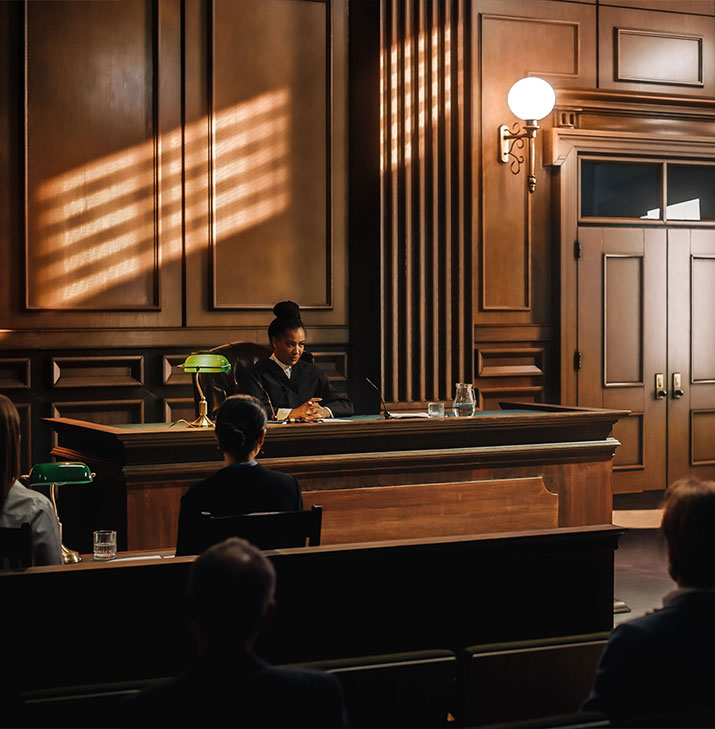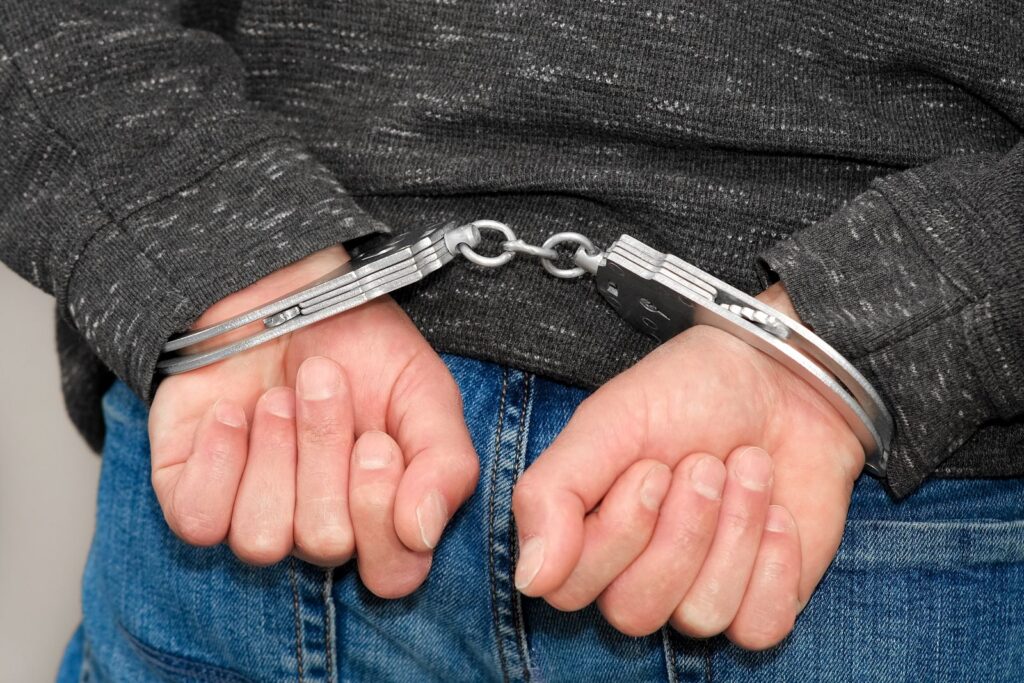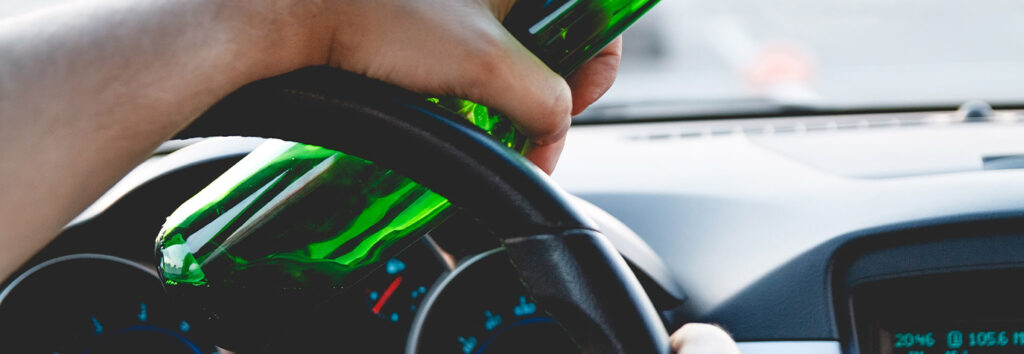Additional Links
- DWI/DUI Lawyers With Payment Plans
- Missouri DWI/DUI Defense Attorney
- How Does a DWI or DUI Affect Your Driver's License?
- Can a DWI/DUI Be Reduced in Missouri?
- How Long Does a DWI/DUI Stay on My Driving Record in Missouri?
- Can You Still Drive to Work When You Get a DWI?
- Building Your DWI/DUI Defense
- What is the Process of Going to Court for a DWI?

St. Louis, Missouri DWI/DUI License Restoration Laws
Missouri has stringent DWI/DUI laws, designed to enforce strict penalties on those who violate them. Driving is considered a privilege, not a right. Because of that, under the Implied Consent Law, if you refuse or fail a sobriety test, your license is automatically suspended for one year. If you do take the test and are found over the legal limit, the consequences vary depending on your prior record:
- First Offense:
- 30-day license suspension
- 60-day restricted driving period afterward
- Second Offense:
- 1-year license revocation
- Minimum 6 months with an ignition interlock device (IID)
- Second Offense (Within 5 Years):
- 5-year license revocation
- Minimum 6 months with an ignition interlock device (IID)
- Third Offense:
- 10-year license revocation
- Minimum 6 months with an IID
No matter if this is your first DWI/DUI charge or a subsequent charge, Combs Waterkotte can provide you with the expert guidance needed to maintain or restore your driving privileges. Call (314) 900-HELP.

Administrative Hearings: Your First Chance to Get Your License Back
A DWI/DUI charge in Missouri triggers two separate legal battles: a criminal case and an administrative case concerning your driver's license. If you refused sobriety tests, your license faces an automatic one-year suspension. For those who complied, the penalties vary but can lead to long-term revocation.
Missouri law allows you to challenge your license suspension through an administrative hearing under Missouri Revised Statute §302.530. This hearing is your first opportunity to contest the suspension and potentially retain your driving privileges. At Combs Waterkotte, we can guide you through this critical process, challenging the evidence against you and ensuring your rights are protected.
Key Points of an Administrative Hearing:
- Purpose: To review the circumstances surrounding your arrest and the validity of the license suspension, and whether proper procedures were followed or tests should be thrown out. You'll need an experienced DWI/DUI lawyer to advocate for you in court.
- Timing: You must request a hearing within 15 days of receiving the suspension notice.
- Outcome: Retaining your license, receiving limited driving privileges, or upholding the suspension.
By addressing procedural errors, challenging the evidence, and presenting a strong defense, Combs Waterkotte will fight to protect your driving privileges from the outset of your case.

License Restoration for 3rd and Subsequent DWI/DUI Convictions in St. Louis
A five or ten-year denial in Missouri is a serious penalty for repeat DWI/DUI offenders, and the process for getting your license back is much more strict. Here’s how you can work towards reinstating your driving privileges:
- Eligibility:
- Five-Year Denial: Applies to those with two or more alcohol-related offenses within five years.
- Ten-Year Denial: Applies to those with three or more alcohol-related offenses.
- Petition the Court:
- Timing: After serving five or ten years of the denial period.
- Filing: You must file a petition in the circuit court of the county where the last offense occurred. The petition needs to clearly state the reasons for requesting reinstatement.
- Complete SATOP:
- Requirement: You must complete the Substance Abuse Traffic Offender Program (SATOP), which includes assessment, education, and counseling as necessary. This step demonstrates your commitment to addressing any substance abuse issues.
- Demonstrate Sobriety:
- Proof of Rehabilitation: You’ll need to provide evidence of sustained sobriety, which can include testimony from character witnesses, completion of rehabilitation programs, and proof of participation in support groups like AA. The court will be looking for a genuine change in behavior and lifestyle.
- Submit SR-22 Insurance:
- Proof of Financial Responsibility: You must maintain SR-22 insurance, a form of high-risk insurance, for a period determined by the court. This serves as proof of financial responsibility and is a critical component of the reinstatement process.
- Ignition Interlock Device (IID):
- Monitoring: If you are granted limited driving privileges during the denial period, you may be required to install and use an ignition interlock device (IID) in your vehicle. The IID prevents the vehicle from starting if alcohol is detected on your breath and is closely monitored by authorities.
- Court Hearing:
- Proceedings: A hearing will be held where the court will review your petition, assess your rehabilitation efforts, and decide whether to grant your license reinstatement. This process is rigorous, and the court has the discretion to deny reinstatement if it believes you pose a continued risk.
- Burden of Proof:
- Public Interest: The burden is on you to prove that reinstating your license is in the public's best interest and that you have addressed any underlying issues that led to the repeated offenses. This includes demonstrating that you are no longer a threat to public safety.
- Ongoing Requirements:
- Monitoring: After reinstatement, you may be required to comply with ongoing conditions, such as continued sobriety, periodic reporting, and maintaining SR-22 insurance.

How to Get Limited Driving Privileges in St. Louis and Missouri
If your driver's license has been suspended or revoked due to a DWI/DUI in Missouri, you may be eligible to apply for limited driving privileges (LDP), commonly referred to as a hardship license. This allows you to drive under specific conditions, such as commuting to work, attending school, or fulfilling essential duties.
Steps to Obtain Limited Driving Privileges:
- Eligibility Check: Verify that you are eligible for LDP. Typically, individuals with certain suspensions, such as a first-time DWI/DUI offense, may qualify. However, habitual offenders or those with a recent suspension for refusal to submit to a chemical test may not be eligible.
- File a Petition: You must file a petition with the circuit court in the county where you reside. The petition should detail your need for driving privileges and the reasons you believe you should be granted LDP.
- Provide Documentation: Submit required documents, including proof of financial responsibility (SR-22 insurance), and evidence that you have completed or are enrolled in the Substance Abuse Traffic Offender Program (SATOP).
- Install an Ignition Interlock Device (IID): If required, you must install an IID in your vehicle. The device prevents the vehicle from starting if alcohol is detected on your breath. Compliance with the IID requirement is closely monitored.
- Court Hearing: Attend a court hearing where the judge will review your petition and decide whether to grant LDP. You and your DWI/DUI defense lawyer explain why you need driving privileges and demonstrate that you pose no risk to public safety.
- Adhere to Restrictions: If granted, you will receive a limited driving privilege that allows you to drive only under specific conditions. It's crucial to follow all the restrictions outlined in the court order to avoid further penalties.
- Ongoing Compliance: Maintain SR-22 insurance and, if applicable, continue using the IID for the duration specified by the court.
Securing limited driving privileges can help you maintain essential activities while serving your suspension or revocation period. Working with an experienced attorney like those at Combs Waterkotte ensures that your petition is properly presented and increases your chances of a successful outcome.





























